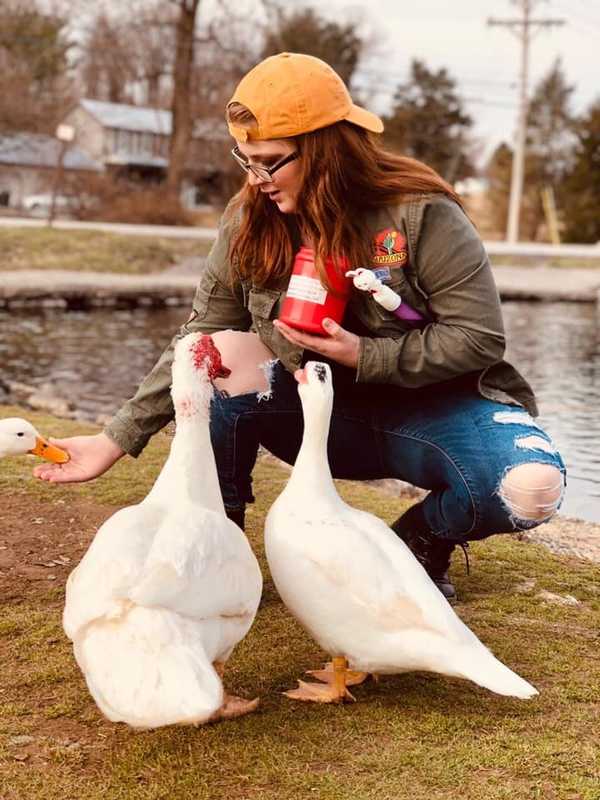I lived, for most of my life, in a suburb of Flint where the tallest structure is a water tower (second tallest is a five-story old folks home), and the population is more than 90 percent white. While it was, I suppose, a good enough place to grow up and the school system was good, I grew to resent it. Obviously everyone wants to leave the town they grew up in; very few people have a desire to spend their lives in the town from which they graduated high school, but my beef wasn’t sheerly due to my boredom with the town. No, my resentment for Davison had nothing to do with it specifically. I am mad because it exists in the first place.
Flint and Detroit are known around the world for their issues, and while most of these issues were incited by a loss of jobs as the economy shifted to globalization, the real issues came when people started leaving. Had people held on and started new businesses and diversified the economy within the city, had they renovated existing structures to modern standards and tastes then this never ending internet blast of Detroit and Flint “ruin porn” would never have had models to photograph. “People” were not what left though, white people were what left.
When the going got tough in Detroit and Flint people left, but there’s a common misconception that everybody abandoned ship and moved to some far away miracle land of job growth, but there are two glaring issues with that view:
Issue 1: The people who left Detroit and Flint were only the people who could afford to leave. Back in the day there wasn’t much housing stock outside of the city limits, so any homes that people were moving into were new builds. Due to decades (who are we kidding; centuries) of racial oppression and ongoing discrimination in every aspect of life, black people, as well as other minorities, could not afford to move out of the older, cheaper, likely more run down homes and apartments that made up the cities of Detroit and Flint.
Issue 2: The white people that were moving out didn’t all abandon the area and move out of county or out of state, for reasons ranging from familiarity, to family, to, believe it or not, job stability in some cases. Most of the people who moved out of Detroit and Flint did so by moving into the surrounding areas within Metro Detroit, or, in the case of Flint, Genesee County. Indeed, while Flint saw its population cut to half of what it once was, Genesee County’s population has remained much more stable, having grown since the peak of Flint’s population (though Genesee County has seen population decline in recent decades). Detroit’s population has been whittled down to a pathetic third of its peak, and yet Metro Detroit has seen a mild, though fluctuating, growth in population over the same time frame.
Davison was a town born from this environment. Over the same period of time in which Flint declined, Davison skyrocketed. Davison was created by the desire of middle class white people for a modern home with a big, green yard and in a friendly neighborhood with no black people anywhere nearby. The sprawl created the mentality of the dangerous “inner city” and the safe suburbs, and it isolated generations of people from members of other races. Despite having made large legal strides, as a nation, in racial equality, white flight has created an even more starkly racist America in many areas of the country, Detroit and Flint among the worst.
Sure, there are lots of white people in Flint and black people in Davison, but there’s enough of a disparity where many white people in Davison and many black people in Flint aren’t comfortable interacting with members of the other race, and, as a consequence, avoid it if possible. Nobody claims to be racist, but ignorance creates unwitting racist comments and conversations by the dozen.
Bigotry can not withstand proximity. If only the white police officers and black citizens lived in the same neighborhoods, then maybe we would see less racially motivated police brutality. If only Grandpa had played with little black kids next door growing up and had one as a groomsmen at his wedding, then maybe we wouldn’t hear any blatantly racist comments during breakfast at Bob Evans. If only my high school population attended a Flint school mixed in with students of other races, then there wouldn’t be a truck in the parking lot with a Confederate flag across the tailgate.
Cities force people together, and that is something our country needs at the moment; unity and understanding, together. People, black, white, red, and blue would be better served if they inhabited the same space, so that maybe they could realize that they are all, fundamentally, the same, whether racially, politically, or financially. Cities provide not only a diverse and close community, but they also happen to be more efficient than suburbs by a significant margin. In a city you have less cars to buy gas for and to pollute with, less grass to waste water on for absolutely no reason beyond aesthetics, and less roads to maintain. All of this on top of a dramatically more efficient use of land in terms of housing. All of the land wasted by tract housing in suburbs could be restored to nature.
Urbanization is a trend that is already beginning to take root here in America, shifting activity back to cities again for the first time in decades, and it will be better not only for the people of our nation, but for its environment as well. There is, however, one problem with this concept of living in a dense, urban environment sort of thing: I love driving cars.




















